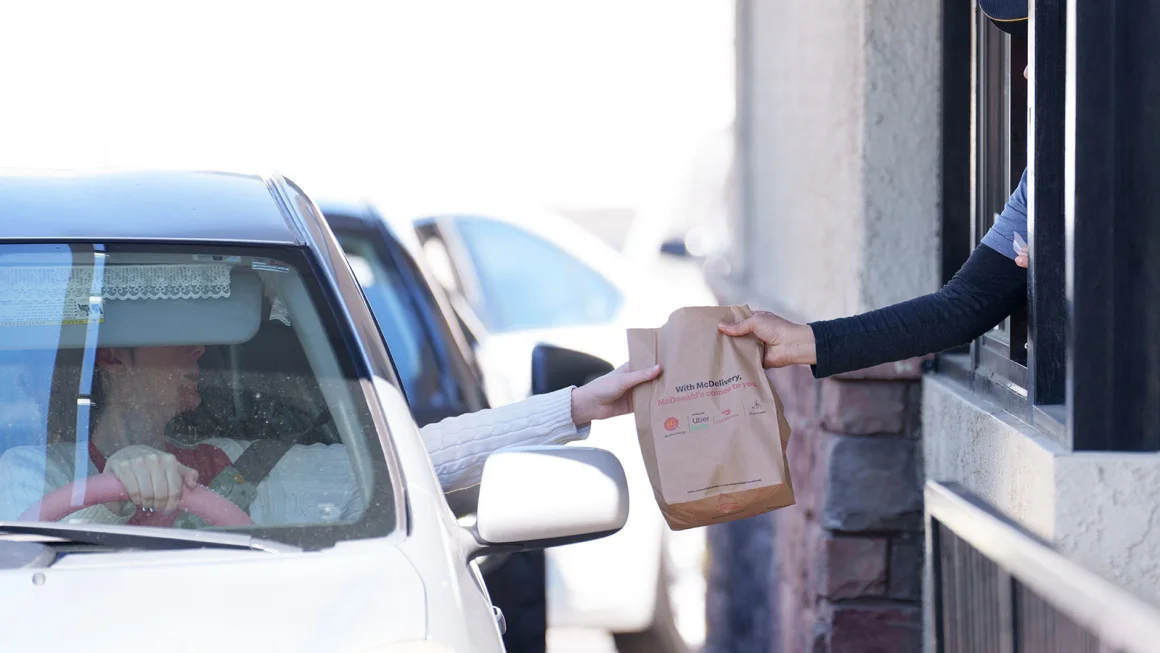
Across the United States, about half of all states raised their minimum wages in 2024. Most of those increases went into effect on January 1, while minimum wage hikes also went into effect in Nevada, Oregon, the District of Columbia and various localities on July 1. But the mandated pay increases aren’t necessarily good news. In particular, the recent wage hikes could deliver the most unintended consequences to the very people they most seek to help.
Take California, for example. At $16 per hour, the Golden State has the second-highest statewide minimum wage. It recently imposed a special minimum wage of $20 per hour for fast-food workers. Already, it’s been a minor disaster. Since the hourly pay raises, scores of fast-food businesses have shut down across the state. The Wall Street Journal reported that some fast-food establishments didn’t even wait for California’s new wage law to go into effect and began laying off staff and scaling back workers’ hours before the law went into effect.
And that’s not just true in California. Across the country, some of the hardest hit among the millions of people impacted by job losses or reduced hours following minimum wage increases are fast-food workers.











